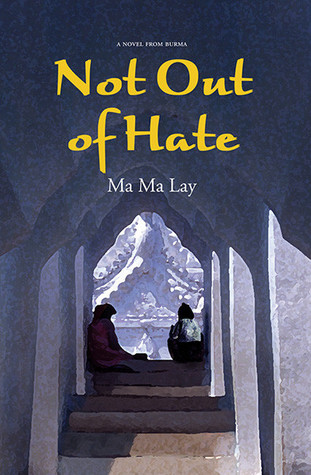Howell Davies (1896-1985)
Originally published 1939, I read 2008
264 pages, science fiction
Thank you to Parthian Books for providing a review copy of this book, one of their Library of Wales series.
When a wealthy layabout named Starling discovers that a class friend of his has something to do with a strange incident involving his uncle’s dog in the daytime in a park, he goes to investigate. Roper is a chemist who analyzes samples of drugs seized by the police. This newest shipment is strange – it has amazing mind-expanding properties. Starling is pulled into experimenting with Roper, and as his friend’s negative side becomes more and more pronounced, he wonders if he should do something… especially when Roper becomes interested in a girl he just met…
This novel is considered to be a classic of Welsh fiction, and has been republished as part of the Library of Wales series.
Happiness and Misery
Starling and Roper are joined in these experiments by a Welsh street singer named Bert. Unlike the lazy Starling and the manipulative and cruel Roper, Bert is a good person. He is happy with his simple life and just wants to make people happy as much as he can. When Bert starts taking the drug, his natural instincts are enhanced. Instead of manipulative or evil, Bert becomes even more kind. More than that, he makes others happy and generous.
Because of the properties of the drug, he exerts this influence over the surrounding population. To the dismay of the rest of the country, he makes an entire Welsh village happy. Why does this cause dismay? People begin to give their possessions away. The wife of the local squire bathes and feeds children from the slum. Inter-church arguments are immediately resolved. The pub is open all the time and people start living openly with their mistresses.
This frightens the government and, in general, everyone outside of Bert's sphere of influence. The government does not want the established social order to be overturned. In fear of the spreading of this generosity, rich people start to hide their belongings. It's complete chaos, and requires military action. This is a brilliant satire: the milk of human kindness is so threatening to the established social and governmental order that it must be overturned.
Overall, I didn’t really like this novel. Parts were an interesting critique of power and politics, and about the nature of society, but overall it’s just really dark and dreary. If you like Victorian-era science fiction like The Strange Case of Dr. Jekyll and Mr. Hyde you would probably like this book.
Also read my review of From Empty Harbour to White Ocean by Robin Llywelyn





